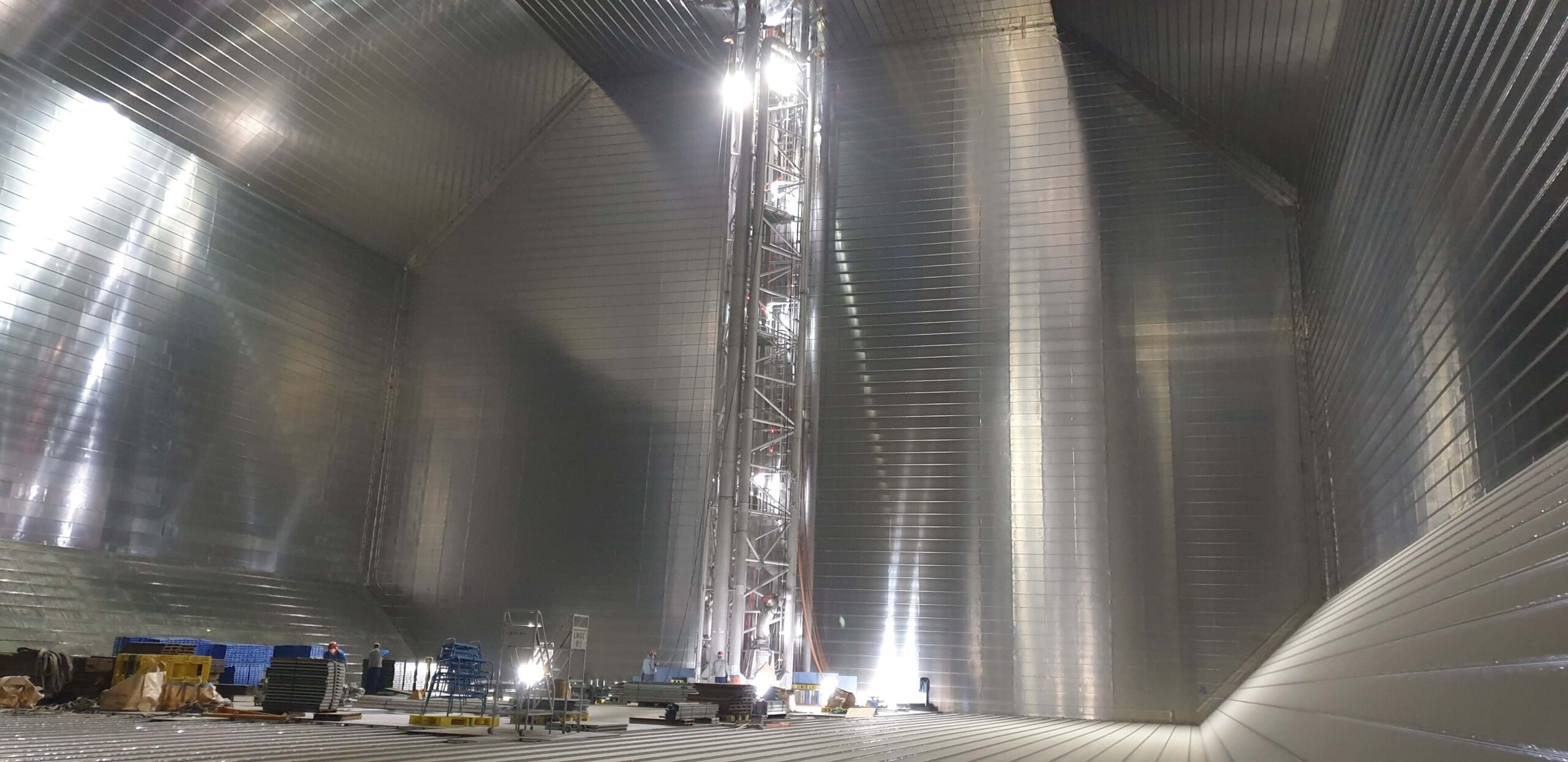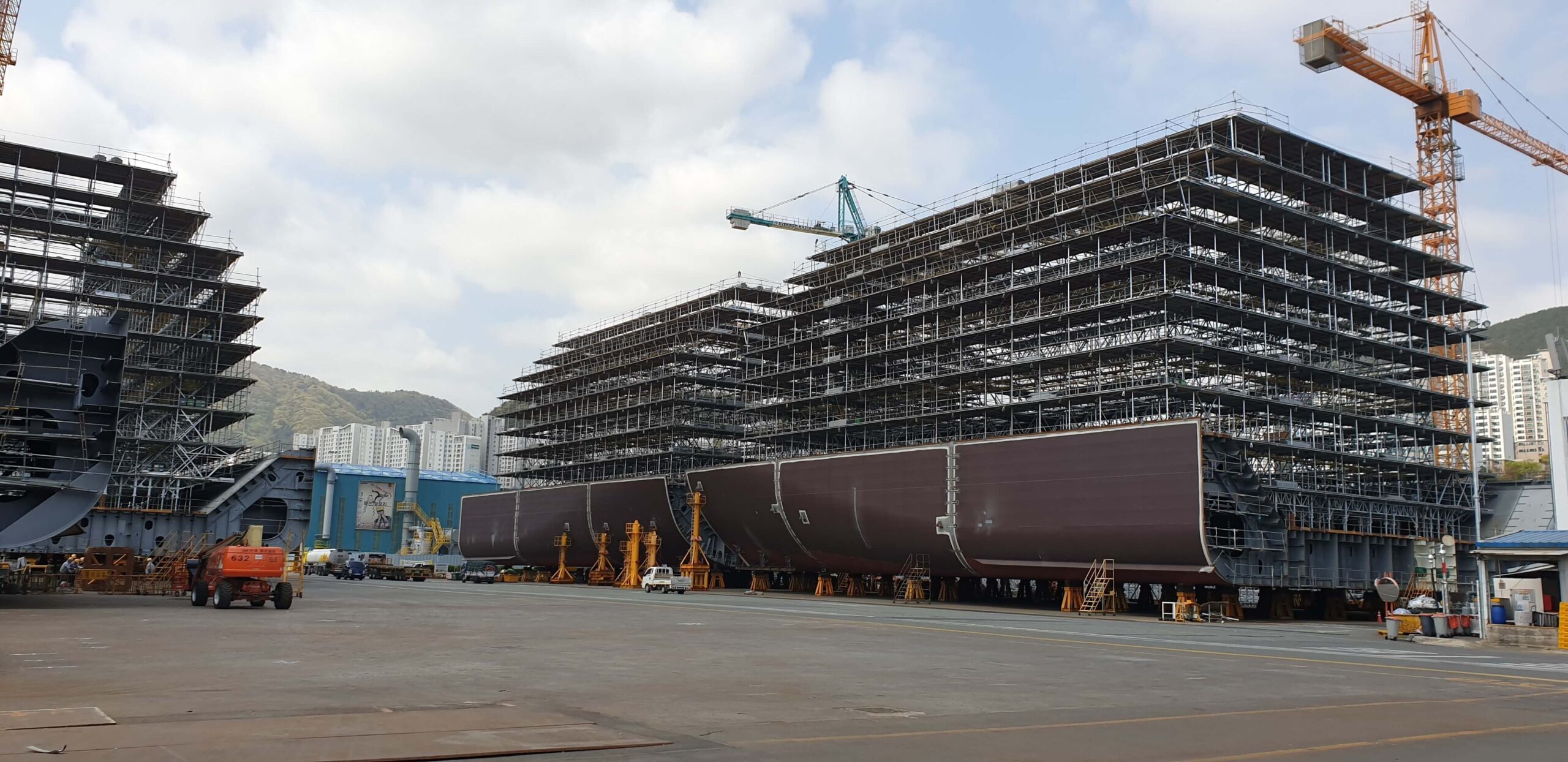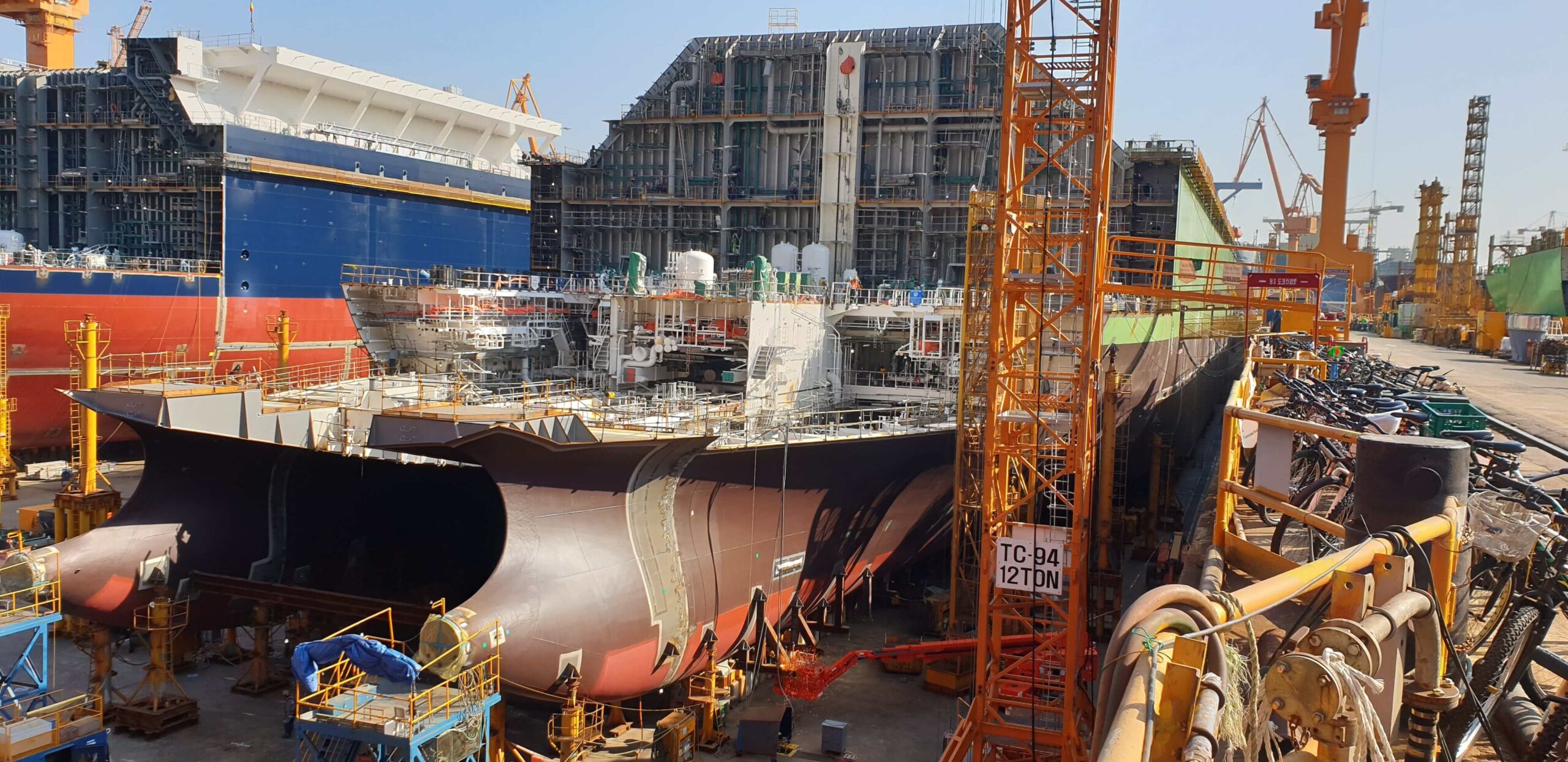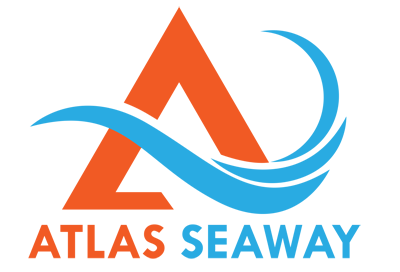- Atlas Seaway in Vietnam
Expanding Opportunities in Vietnam’s Shipbuilding Sector
Vietnam’s shipyards are rapidly growing in capability and scale. Atlas Seaway supports international owners with expert supervision, compliance assurance, and local workforce coordination, ensuring smooth, reliable, and cost-effective shipbuilding projects across Vietnam’s emerging maritime industry.
Vietnam Shipyard Construction
Vietnam’s shipyards are rapidly expanding with advanced infrastructure and competitive production costs. Atlas Seaway supports construction projects, ensuring vessels are built to international standards with precision, safety, and long-term operational reliability.
Haipong Port
Haipong is Vietnam’s premier shipbuilding hub, strategically located for global trade. We supervise projects here, leveraging the port’s advanced facilities to deliver efficient shipbuilding, ensuring high-quality workmanship, and timely vessel delivery for clients worldwide.
Vietnamese Shipyard Workers
Vietnamese Shipyard workers bring dedication, skill, and adaptability to every project. Atlas Seaway collaborates with these professionals, combining local expertise with global standards to produce vessels that meet rigorous technical and safety expectations.
With Atlas Seaway in China, your projects stay compliant, on schedule, and built to the highest standard.
Strengthening Shipbuilding Partnerships Across Vietnam
Atlas Seaway ensures quality, compliance, and seamless supervision by providing skilled experts and bilingual support, helping international owners achieve reliable results in Vietnam’s expanding maritime and shipyard industry.
- Atlas Seaway
Our Mangement in Vietnam
We provide independent project management and supervision services, carefully tailored to meet each shipowner’s unique requirements, ensuring quality, efficiency, cost control, and reliable delivery across Vietnam’s major shipyards. At
Atlas Seaway, we actively support shipbuilding and repair projects across Vietnam, with a special focus on Haipong Port, the nation’s premier port and industrial hub. Our team provides expert supervision, ensuring every vessel is constructed to meet the highest international standards of safety, efficiency, and innovation. By collaborating with skilled Vietnamese dockyard workers and leveraging local strengths, we deliver reliable solutions. Vietnam represents a growing maritime frontier, where we help clients achieve excellence in shipbuilding.


Northern Vietnam (Haipong / Quang Ninh area):
Nam Trieu Shipbuilding Industry Company (NASICO) – Haipong
Z189 Shipyard (189 Shipbuilding Company) – Hai An District, Haipong
Z173 Shipyard (Hong Ha Shipbuilding) – Haipong
Central Vietnam:
HD Hyundai Vietnam Shipbuilding (formerly Hyundai–Vinashin) – Ninh Hòa, Khánh Hòa Province
Dung Quat Shipbuilding Industry Company – Dung Quat Economic Zone, Quảng Ngãi Province
Ba Son Corporation (new facilities) – Cai Mep, Bà Rịa–Vũng Tàu Province
Southern Vietnam:
Vard Vung Tau – Phu My, Bà Rịa–Vũng Tàu Province
Saigon Shipbuilding Industry Company (SSIC) – Ho Chi Minh City
- FAQ
Questions We Are Often Asked by Clients

We deliver independent newbuilding supervision, project management, plan approval, marine survey, and flexible staffing models for shipowners and shipbuilders.
Our primary focus is China, South Korea, and Vietnam, where most large-scale shipbuilding projects are carried out, but we remain capable of supporting projects worldwide.
We can supply both. Depending on your project, we offer single-discipline specialists or full multidisciplinary teams covering hull, machinery, E&A, cargo containment, coating, HSE, and documentation.
Our supervision teams enforce specifications, monitor ITP/ITR compliance, and coordinate with classification societies. Regular transparent reports keep clients fully informed of progress and quality standards.
Yes. Atlas Seaway provides highly qualified bilingual supervisors upon request. Our supervisors can communicate seamlessly in Chinese/English, Korean/English, and Vietnamese/English, ensuring smooth collaboration between international shipowners, local shipyards, and project stakeholders, eliminating communication barriers, and enhancing overall project efficiency.
